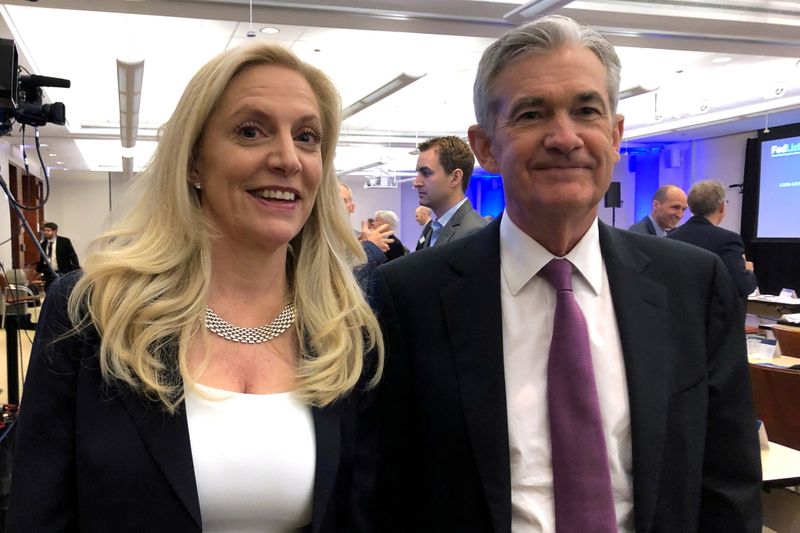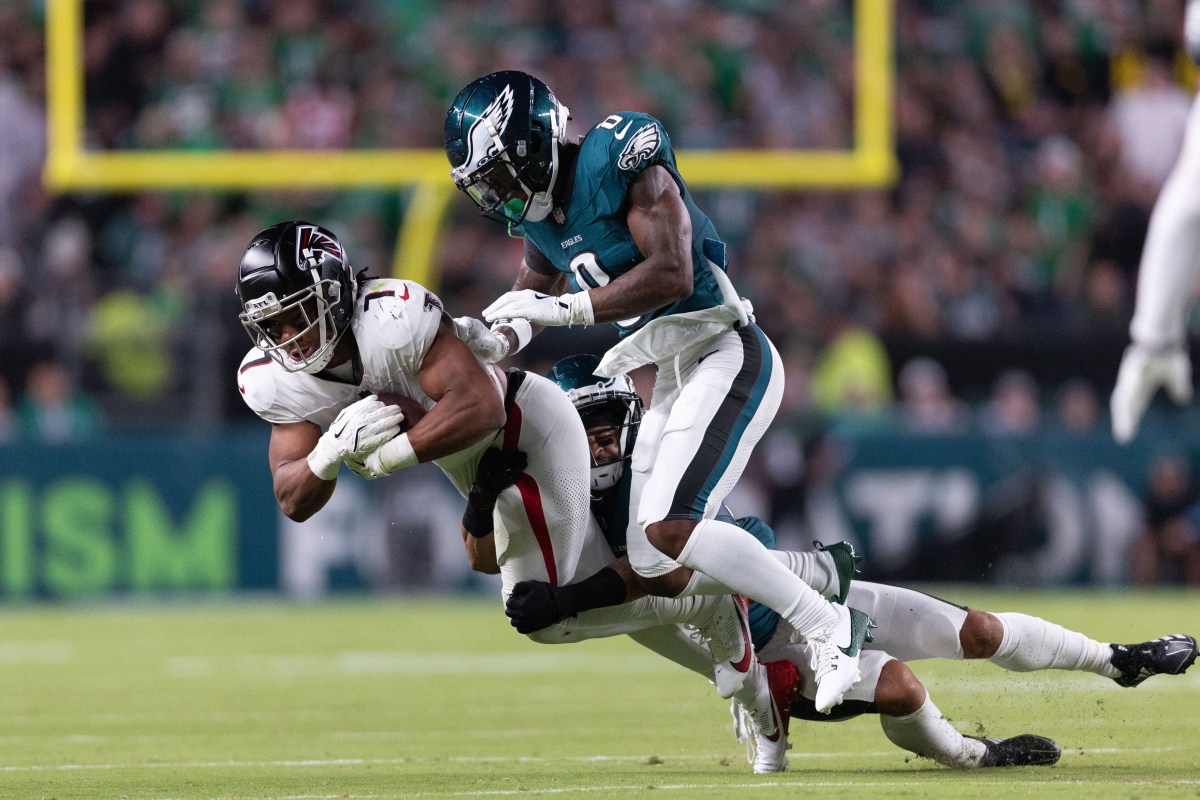(Reuters) – Even as Federal Reserve Chair Jerome Powell predictably dodged the latest question over his future as head of the central bank, his signal of openness to Democratic demands for tougher regulation of Wall Street under a new regulatory chief may assuage what critics see as a weak point in his leadership.
At a press conference on Wednesday following the Fed’s latest meeting at which policymakers kept interest rates near zero as the U.S. economy continues to heal from the COVID-19 pandemic, Powell was unequivocal when asked how much he would defer to a new vice chair for supervision expected to be named this fall to oversee bank regulation.
“I respect that authority, I respect that’s the person who will set the regulatory agenda going forward. I would accept that and furthermore, it’s only appropriate for a new person to come in and look at the current state of regulation and supervision and suggest appropriate changes,” Powell said. “I welcome that.”
That viewpoint could offer President Joe Biden an opening to pursue a package deal in which Powell, a Republican, remains chair and current Fed Governor Lael Brainard, a Democrat and potential rival for the leadership who is favored by some progressives, takes over as the Fed’s regulation czar when the slot opens up at the end of October.
The public declaration could work in his favor given Powell, a former private equity executive and investment banker, has been regarded by some as too close to Wall Street and insufficiently tough on banks as he and current Vice Chair Randal Quarles, voted to ease regulations.
“I think he is likely the best politician who has ever been Federal Reserve chair,” said Jeff Hauser, founder of the progressive Revolving Door project, which nevertheless opposes Powell’s renomination in favor of Brainard. “He’s genuinely good at it.”
Powell’s gambit on regulation may also help bolster his credentials at a time when the central bank is under the microscope as the White House mulls his possible nomination for reappointment before his term expires in February.
TRADING FUROR
On paper, Powell remains the likely candidate for a second term. He enjoys bipartisan support in Congress, is reportedly backed by his predecessor as Fed chief and current U.S. Treasury Secretary Janet Yellen, and revamped the Fed’s approach to monetary policy last year to put greater priority on a broad and inclusive maximum employment goal, which was heralded by many supporters of Biden, including progressive, labor-focused economists.
But headaches, such as the revelation last week that two Federal Reserve regional bank presidents had engaged in controversial stock trades, leave little room for major error, particularly as Democratic Senator Elizabeth Warren, a key lawmaker, has demanded swift action to establish new ethics rules that would bar such dealings in the future.
“We need to make changes and we are going to do that,” Powell also said at the press conference as he expressed displeasure at the behavior of Dallas Fed President Robert Kaplan and Boston Fed President Eric Rosengren.
“In terms of having confidence and that sort of thing, I think, no one is happy,” Powell said. Others remained less convinced by his commitment to comprehensive action.
“I think Chair Powell’s response to this trading scandal is a failure of leadership,” said Dennis Kelleher, president and chief executive officer of Better Markets, an advocacy group pushing for tighter financial regulation, who was a member of the transition team for then-President-elect Biden and Vice President-elect Kamala Harris.
“He’s not actually making changes regarding their outrageous conduct, he’s asked the staff to review the code of conduct for changes in the future.”
(Reporting by Lindsay Dunsmuir; Editing by Andrea Ricci)





















